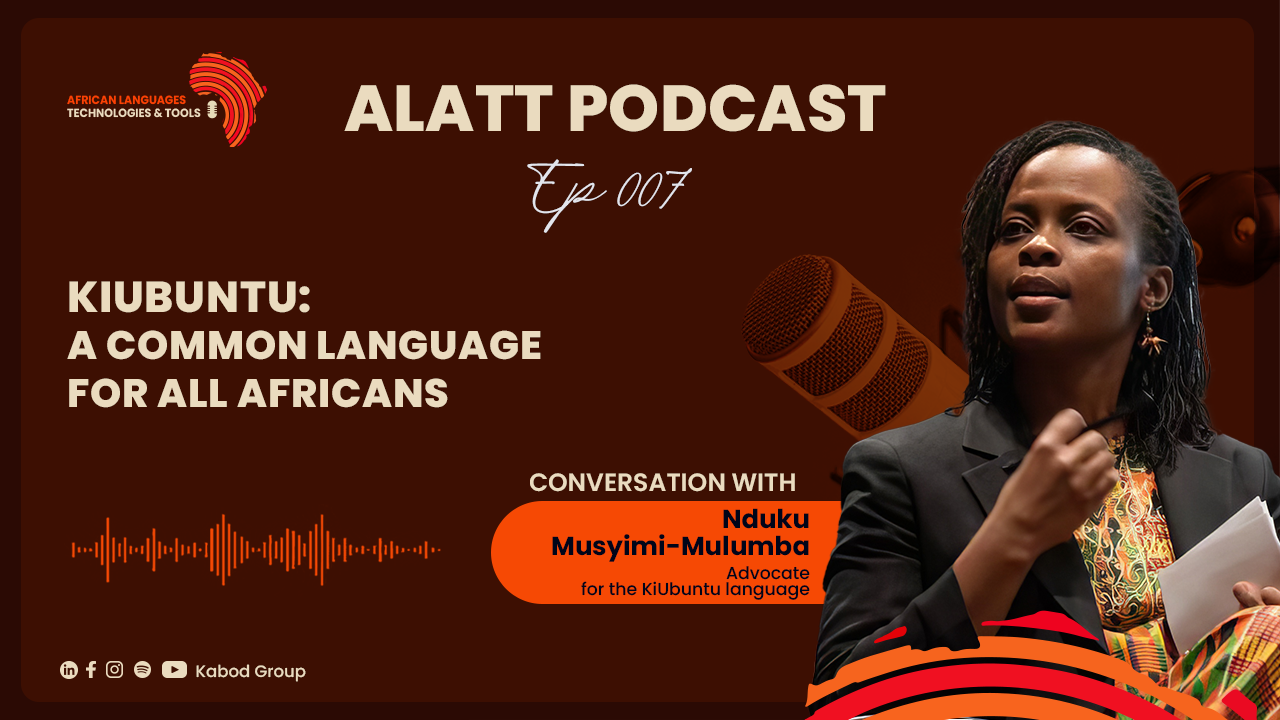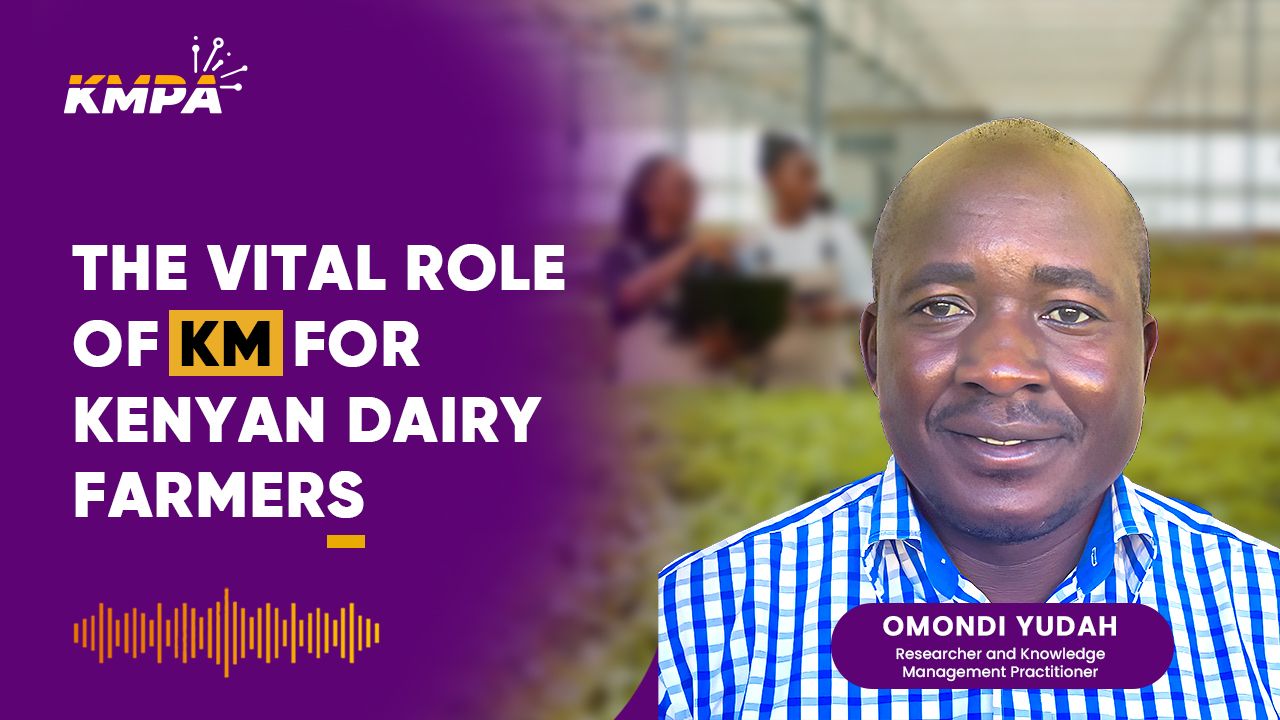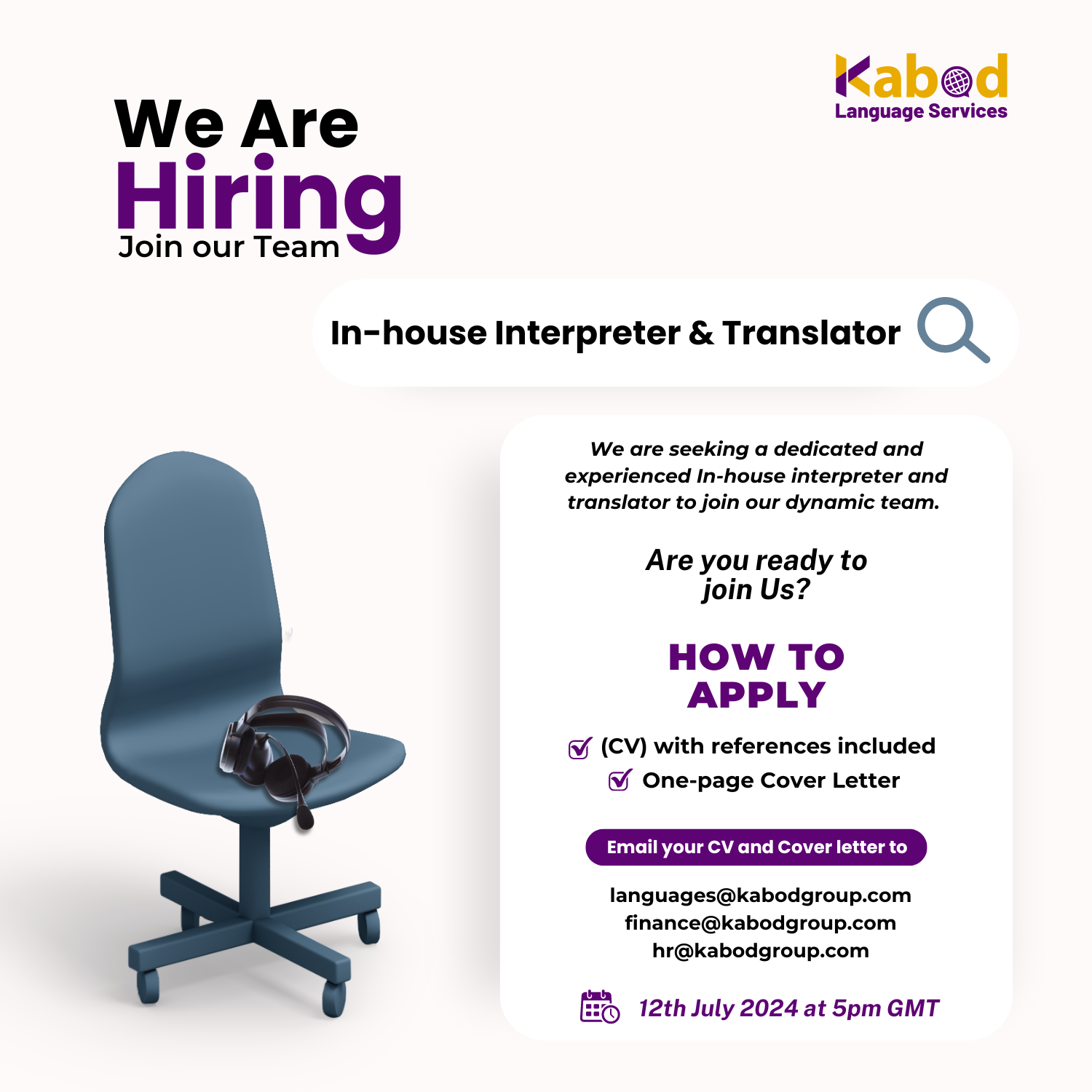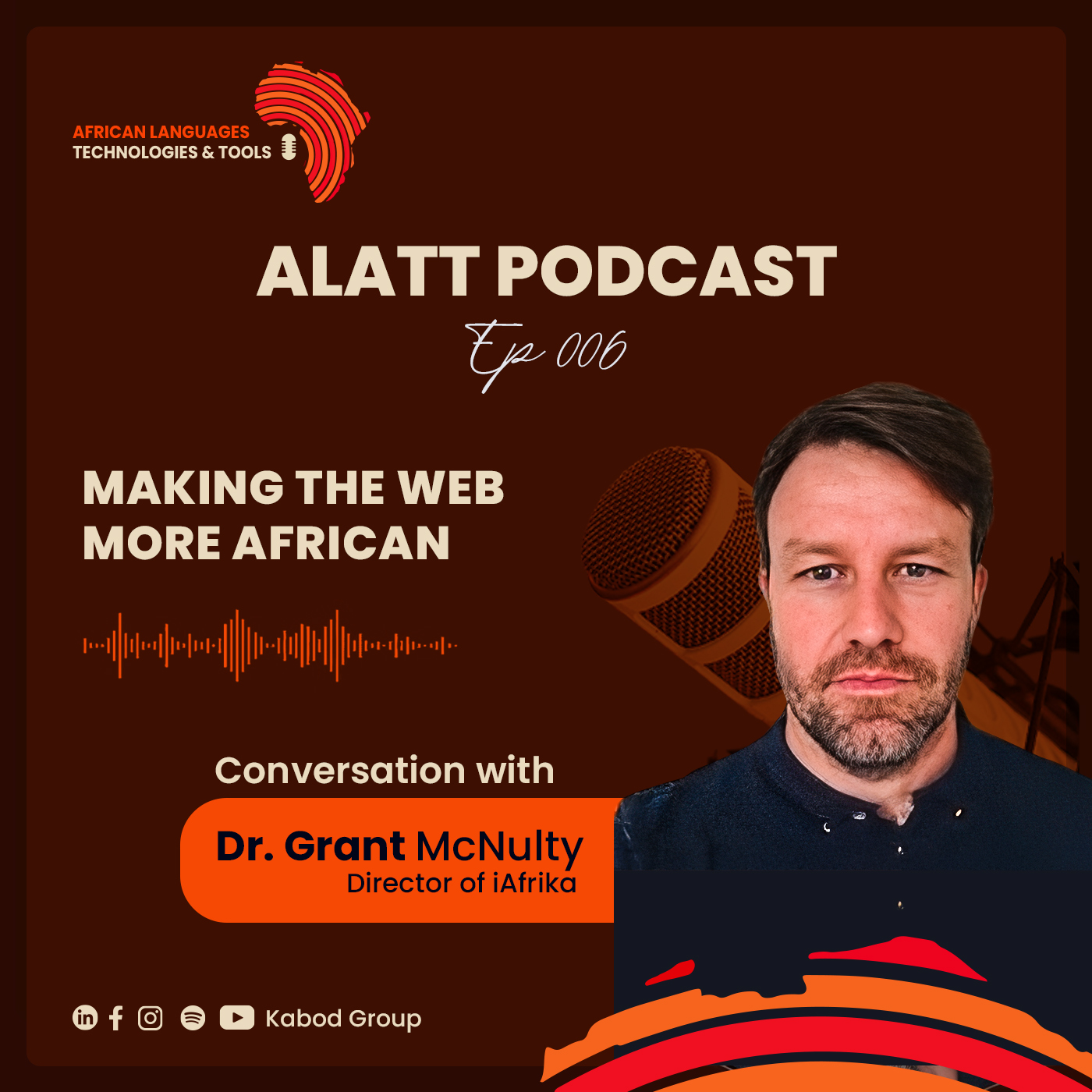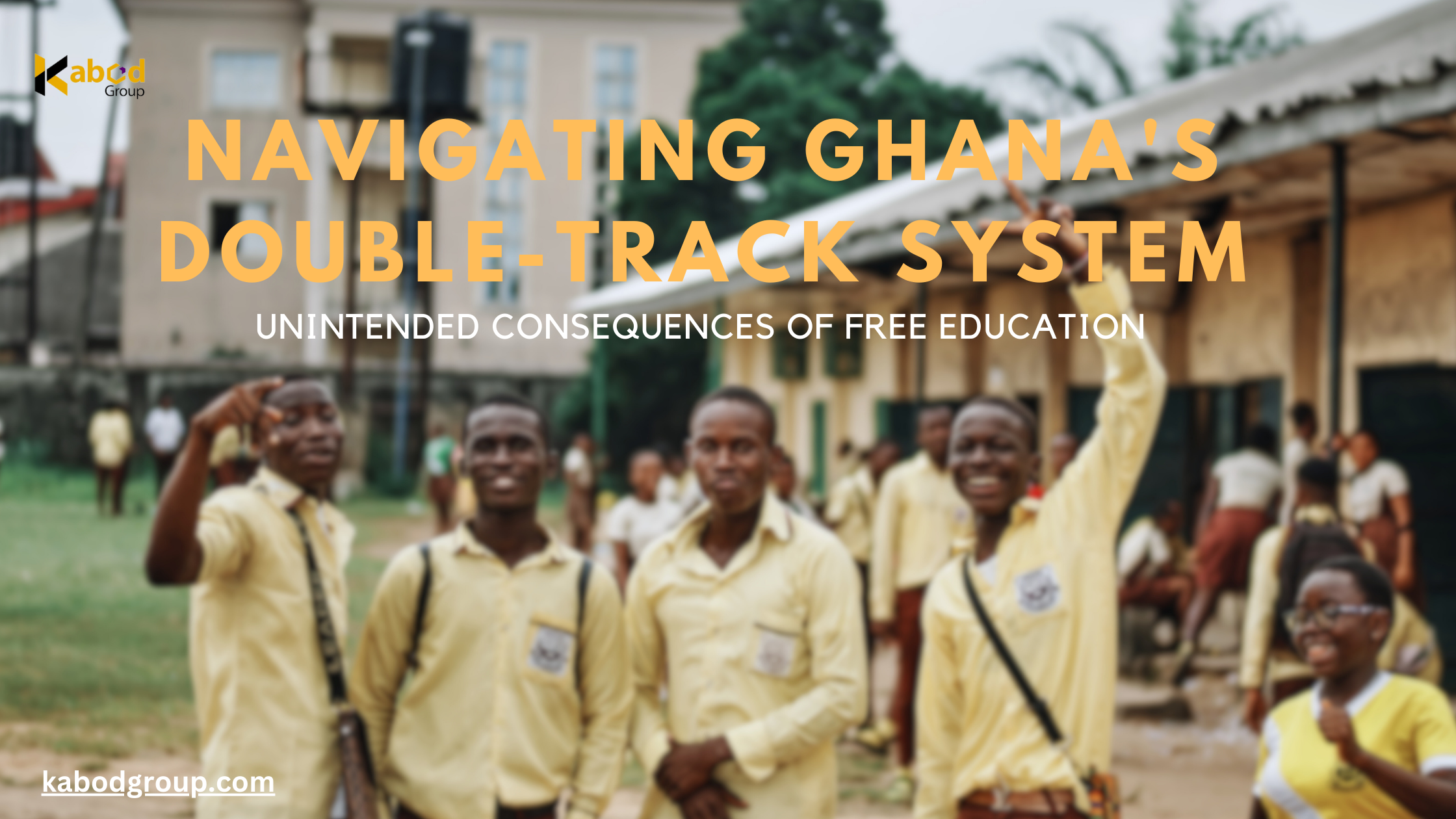
Introduction
Ghana’s noble vision of providing free education for all was a transformative step towards creating equal opportunities in the realm of learning. However, as with any ambitious policy, unforeseen challenges emerged. The Double-Track System was born in 2018 as a response to the overwhelming demand for education, accommodating a multitude of students in the wake of the free education initiative. In this blog, we delve into the impact of teachers offering private tutoring services, particularly at the junior high and primary levels, and how it intertwines with the genesis of the Double-Track System.

The Surprising Demand for Private Tutoring
With the advent of free education, a surprising trend began to emerge—the soaring demand for private tutoring at the senior high level. Parents, despite the promise of free education, sought additional academic support for their children, fearing that the system alone might not fully cater to their educational needs.
Navigating the Unintended Consequences
Research and data shed light on the complexities of this demand. The Double-Track System, though a necessary measure to accommodate the influx of students, inadvertently sparked parental concerns. As schools operated on a rotational basis, parents worried that their children might experience gaps in learning during off-track periods, prompting them to seek supplementary tutoring to bridge these potential educational voids. Ironically, the rise in private tutoring accentuated existing disparities in access to education. Families with more financial means were better equipped to afford these additional learning opportunities for their children. Consequently, a new form of educational inequality began to take shape, challenging the very ethos of the free education system.
Charting a Course for Education Equity
The Double-Track System, while attempting to navigate the stormy waters of education access, unintentionally introduced new challenges for both students and teachers. The off-track periods, while offering space for others, can result in a two-tiered education structure—those who receive private tutoring move ahead, while others may struggle to keep pace.

Empowering Teachers and Students Alike
To chart a course towards education equity, Ghana must focus on empowering both teachers and students within the framework of the Double-Track System:
- Online Learning Platforms
Introducing online learning platforms can be a game-changer in Ghana’s educational landscape. By collaborating with reputable educational institutions or e-learning companies, the government can develop interactive and engaging online courses. These courses should align with the national curriculum and cater to students’ diverse learning needs. They can be accessed by students during their off-track periods, ensuring continuous learning and minimizing learning gaps. Several countries, including Singapore and South Korea, have successfully implemented online learning platforms to support students outside regular school hours.
- Teacher Training and Support
To effectively implement online courses, it’s crucial to provide comprehensive training to teachers in utilizing these digital tools. Integrating technology into the teaching process not only enhances the overall experience but also empowers educators to craft captivating and interactive content that seamlessly complements their in-person instruction. A notable illustration of this approach is the partnership between Kabod Group and BLUETOWN, which has resulted in the creation of e-learning content tailored for Senior High School (SHS) teachers. This content equips them with open educational resources specifically designed for STEM education. By offering ongoing support and resources, we can further bolster teachers’ confidence and aptitude in successfully navigating the digital realm. A study conducted by the International Labour Organization in Kenya showed that teachers who received proper training in digital literacy were more likely to incorporate technology effectively in their classrooms. This resulted in improved learning outcomes and reduced disparities in student performance.
- Mobile Connectivity and Devices
To ensure widespread access to online courses, Ghana must address issues related to mobile connectivity and provide affordable devices for students. Collaborating with telecommunication companies to expand internet coverage and negotiate device subsidies can significantly increase student participation in online learning during their off-track periods. In Rwanda, the government’s partnership with mobile network operators increased internet coverage and made smartphones more accessible to students. This initiative not only improved educational access but also fostered a digital culture that empowered learners.
- Community Engagement and Parental Involvement
Engaging parents and communities is crucial in maximizing the impact of online courses. Conducting workshops and awareness programs to educate parents about the benefits of online learning can encourage their active involvement in their children’s education. Additionally, community centers equipped with computers can serve as accessible hubs for students without internet access at home. In Uruguay, the government’s “Plan Ceibal” initiative involved parents in their children’s education, resulting in increased enthusiasm for online learning and reduced reliance on private tutoring. Community centers with internet access were instrumental in leveling the playing field for all students.
Conclusion
Ghana’s journey towards free education set the stage for the Double-Track System—a pragmatic response to an ever-growing demand for learning opportunities. As the nation charts its educational course, it must navigate the currents of unintended consequences, particularly the impact of private tutoring. By fostering a collective effort to empower teachers and students, and raising awareness about equitable education, Ghana can steer towards a future where every child has an equal chance to flourish and thrive within the vast sea of knowledge.
Written by Prince Teye-Gaga


